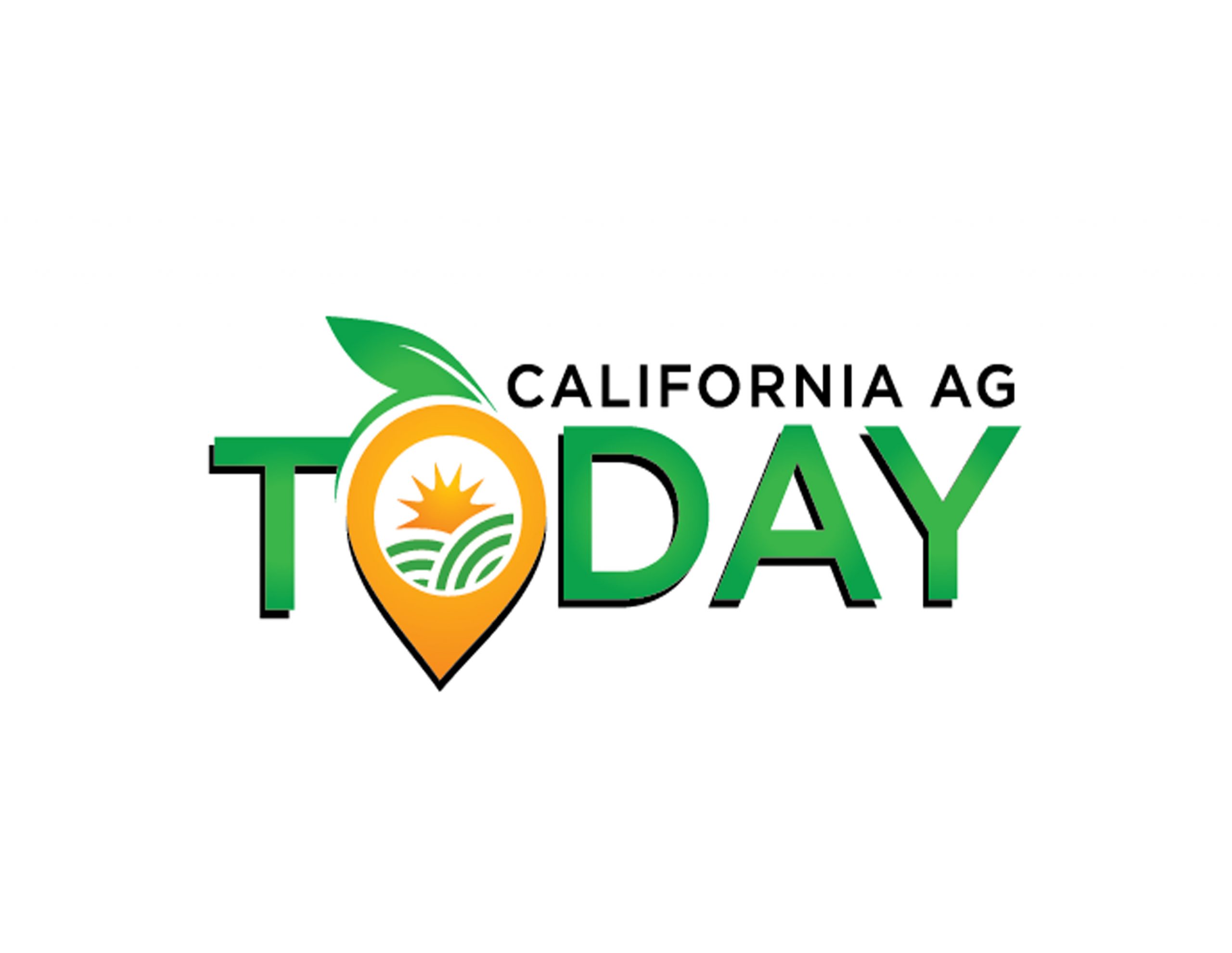
Preference for California or Local Wine?
Brad Rickard, Assistant Professor, Charles H. Dyson School of Applied Economics and Management and Director of Horticultural Business and Policy Program at Cornell University, recently described his latest research conducted with colleague Robert G. Tobin, Professor of Marketing, Director of the Charles H. Dyson School of Applied Economics and Management’s undergraduate program, and Director of the Food Industry Management Program.
These two researchers studied local food demand at restaurants to raise a question: What, precisely, are we asking when we ask consumers if they are interested in buying local? Wine—being not really perishable and easily transported and sold through commercial channels—should, in theory, be marketed everywhere.
“In other words, if New York State wines are just as good as French or California wines, there is no reason why they shouldn’t be sold at a nice restaurant in Omaha, Nebraska,” said Rickard. “That they rarely are implies the quality of the wines is not as high as those from other production areas.”
A national survey of 1,000 wine consumers included an analysis of consumer perceptions of wines from the four top states — California, Oregon, New York and Washington.
“When respondents evaluated the wines of these states, California stood out in the areas of value (62%), enjoyment (88%), and future purchase intent (87%). Oregon was assessed similarly to California in terms of value (58%), and perceived as being a better value than wines from Washington (52%) or New York (50%),” Rickard reported. “New York wines ranked lowest in quality compared to all of the other three states (46%).”
Rickard explained, “When we are asking consumers would they buy local broccoli, we don’t think the intent of the question is to ask ‘Will you buy local broccoli even if the quality is not as good as California broccoli?’”
“We think the premise is that the quality will be equal, and that the question should be: ‘if we can grow local broccoli that is just as tasty and delicious as California broccoli, would you prefer it? Would you pay a premium for it?’ This question can be applied to any produce item,” said Rickard.
Consumers typically choose pro-local because it implies it will help enrich the local community and be fresher, less expensive because of savings in shipping, and better for the environment because of less shipping and related carbon output.
Wine is not a parity product, so the question is different. “When we go to the New York Finger Lakes Region, we love to try the local wines, but that is wine tourism,” explained Rickard. We lean toward Cabernet, but in the Finger Lakes one drinks Riesling. So the powerful question with local wine becomes: ‘Is the customer prepared to change his inclinations in order to buy local?’”
Sources: Jim Prevor’s Perishable Pundit, Cornell University, The New York Produce Show and Conference, 2013.








